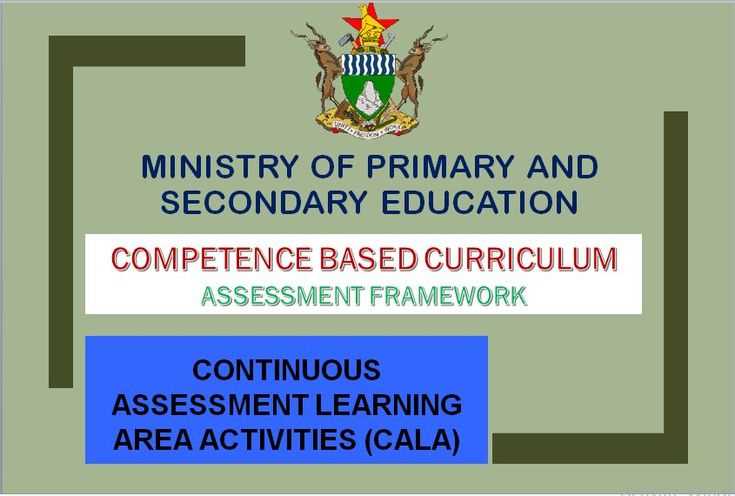
Nyashadzashe Ndoro
The government has replaced the Continuous Assessment Learning Activities programme with the Heritage-Based Education 2024-2030 Curriculum Framework.
CALA required students to complete projects and assignments that constituted 30% of their final grades. The programme was found to be too expensive and was abolished by Cabinet.
The new curriculum is designed to produce graduates with relevant skills, knowledge, and values that are important for national development. It will emphasise heritage, technology, and will be implemented from pre-school to high school.
Related Stories
Addressing journalists during a post-Cabinet briefing on Tuesday, Information Minister Jenfan Muswere said the curriculum will have five core subjects: Science, Technology, Engineering, and Math, Visual and Performing Arts, Humanities (especially Zimbabwean history), Technical and Vocational Education, and Business.
“Cabinet received and approved the Heritage-Based Education 2024-2030 Curriculum Framework, which is expected to transform the education system in order to produce citizens with relevant skills, applied knowledge, values and dispositions that are key to national development, beginning with the communities they serve. The Primary and Secondary Education System is being designed to mould productive learners who will cherish and practice the Zimbabwean philosophical orientation of Unhu/Ubuntu/Vumunhu,” he said.
“The proposed curriculum will embrace Heritage as a basis for learning and infusing technology, and shall be implemented from ECD up to Upper Secondary level. The pathways whose learning areas are provided for in the framework are Science, Technology, Engineering and Mathematics; Visual Performing Arts; Humanities especially the history of Zimbabwe; Technical/Vocational Education and Training; and Commercials.”
Muswere further stated that the curriculum will also focus on strengthening school-based assessments. The number of subjects will be reduced at both the elementary and junior high school levels. At the high school level, students will be required to take at least three electives from a variety of categories.
He added that the assessment of students will be changed to emphasise practical work and problem-solving skills. The government believes the new curriculum is designed to prepare students for the future by fostering critical thinking, innovation, and creativity.



















Leave Comments